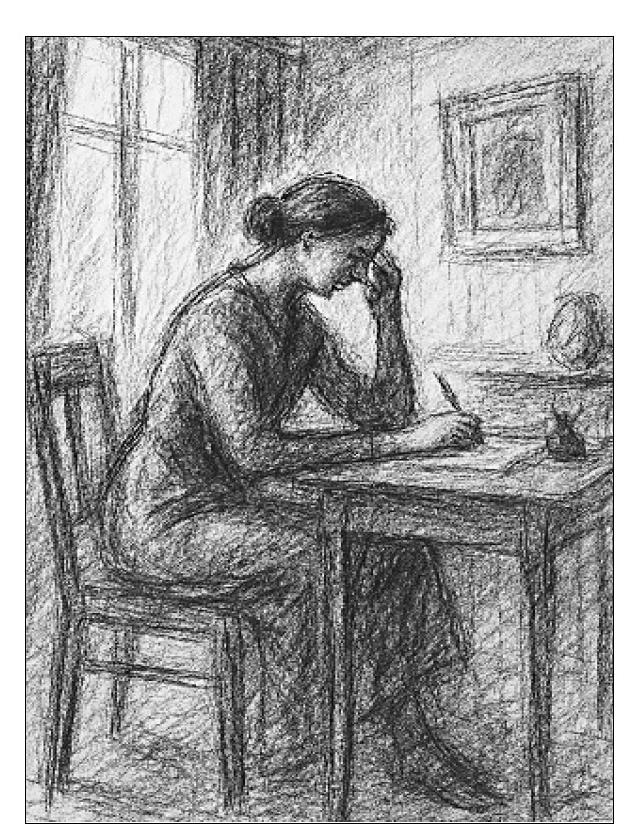Critical voices that we tend to ignore
2025-09-10
IN an age of growing awareness about who gets to speak and who remains unheard, Virginia Woolf`s call for A Room of One`s Own still resonates. Her extended essay, written nearly a century ago (1929), speaks not only about women`s exclusion from literature, but about a larger issue: the unequal distribution of intellectual authority. Who gets to create knowledge? Whose ideas are preserved and celebrated? And, who is left out of the conversation altogether? Philosophy claims to seek truth, but what counts as truth and who defines it has long been shaped by partial, gendered perspectives. The history of knowledge is not just one of discovery, but also of exclusion: of deciding which voices are amplified, and which are ignored.
This is the central concern of feminist epistemology, a field that asks how gender shapes the process of knowledge-making.
Prominent thinkers such as Sandra Harding and Donna Haraway remind us that what often passes as `neutral` truth reflects the social positions of those producing it.
Woolf anticipated these questions. She critiqued how intellectual traditions were built through a male lens. Her famous metaphor that women need both money and a room of their own to write was a demand for autonomy: space to think and create without the burden of male expectation.
In a striking scene in her essay, she recalls entering a library at Oxford and finding shelves of books about women almost all written by men. Women appear as subjects to be studied, not as thinkers in their own right.
She notices her notes becoming chaoticand fragmented, as though the disorder of sources infects her mind. A male student, by contrast, takes confident, orderly notes, his experience affirmed by centuries of tradition.
Woolf captures what philosopher Miranda Fricker would later call epistemic injustice: the unfair treatment of someone as a knower. When certain perspectives are excluded, knowledge itself is diminished.
This is not a historical curiosity. In Pakistan, Woolf`s insights remain urgent.
The United Nations Educational, Scientific and Cultural Organisation (Unesco) reports that female literacy here is still below 50 per cent, compared to over 70pc for men.
Even among educated women, philosophy, history and science remain maledominated fields. Textbooks celebrate male poets, philosophers and leaders, but rarely highlight women as intellectual authorities or specify the causes of their systematic exclusion.
The absence has consequences. Just as Woolf faced a library filled with maleauthored treatises on women, Pakistani students often confront syllabi where women appear as topics of discussion, not as producers of knowledge. For young women searching for reflections of themselves in intellectual traditions, this silence can be stifling.
And, yet, resistance persists. Global advocacy for girls` education, women scholars who challenge patriarchal curricula, and journalists who carve out space for alternative narratives are all part of a long fight to claim intellectual authority. But too often their contributions remain undervalued, treated as exceptions rather than as central to the mainstream.
The questions Woolf posed remain alive for us: who has the space literal and figurative to write, think and be heard? Who has the opportunity to think, read and write? Whose ideas shape our curriculum? Whose voices are still waiting for acknowledgment? To build a fairer intellectual tradition in Pakistan, we must ensure that women are not only written about, but are also writing back themselves. Woolf`s essay reminds us that truth is strongest when it embraces the full range of human experience. Our libraries, classrooms and syllabi would be complete only when women`s knowledge counts equally.
Iqra Mangi Hyderabad




